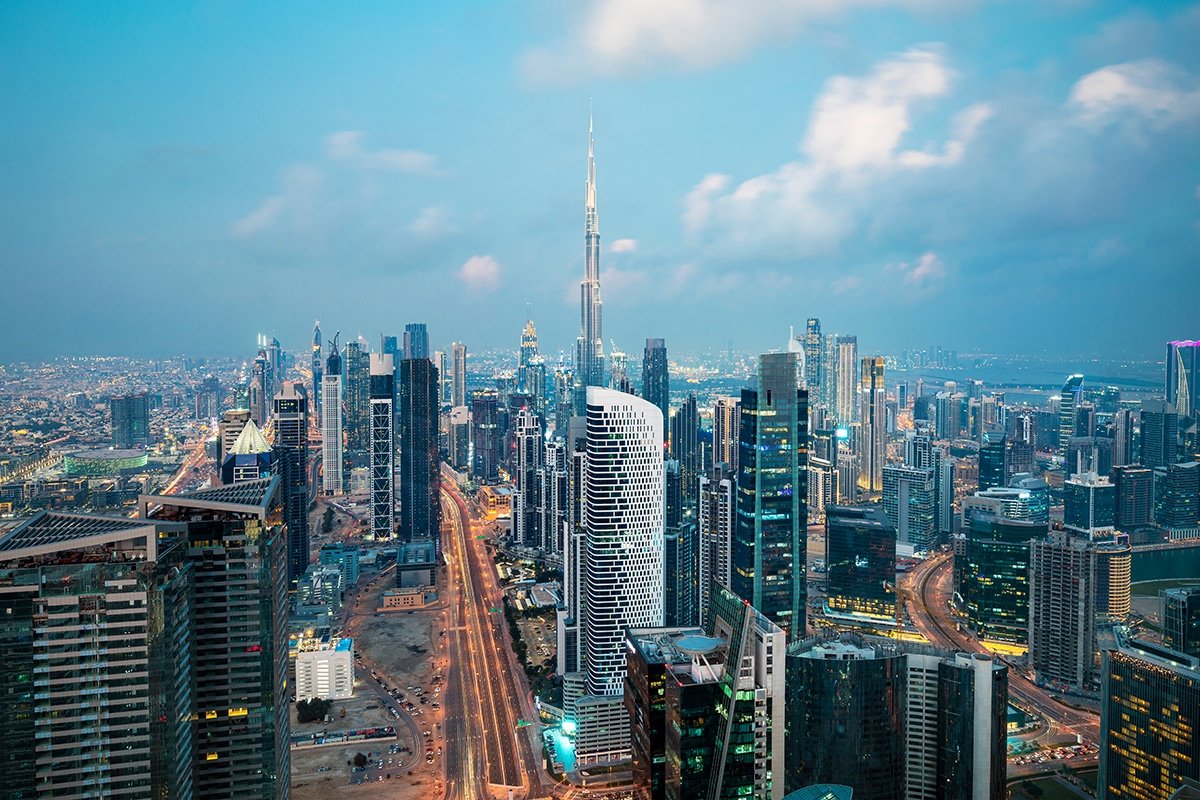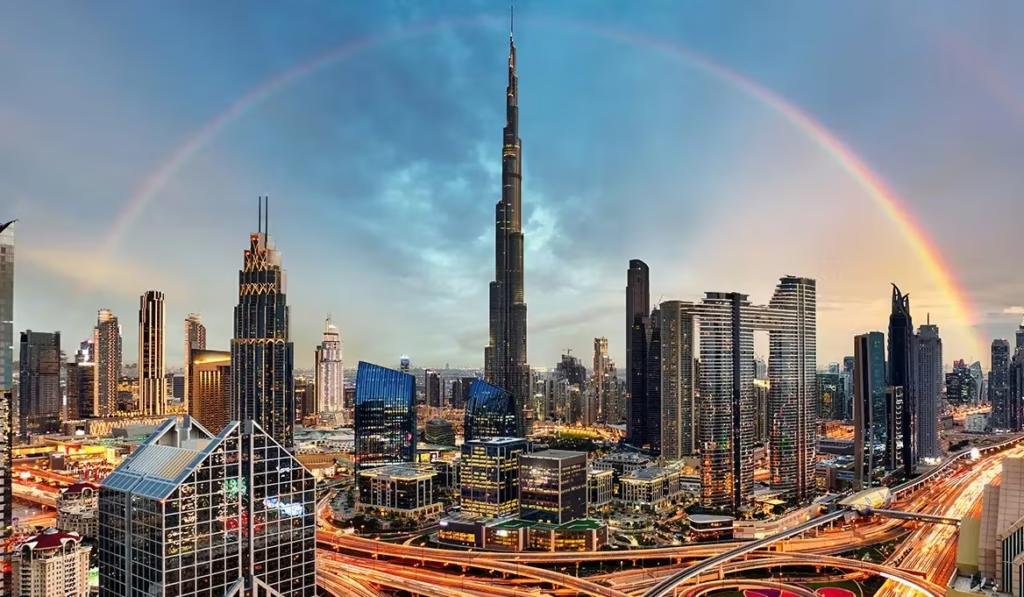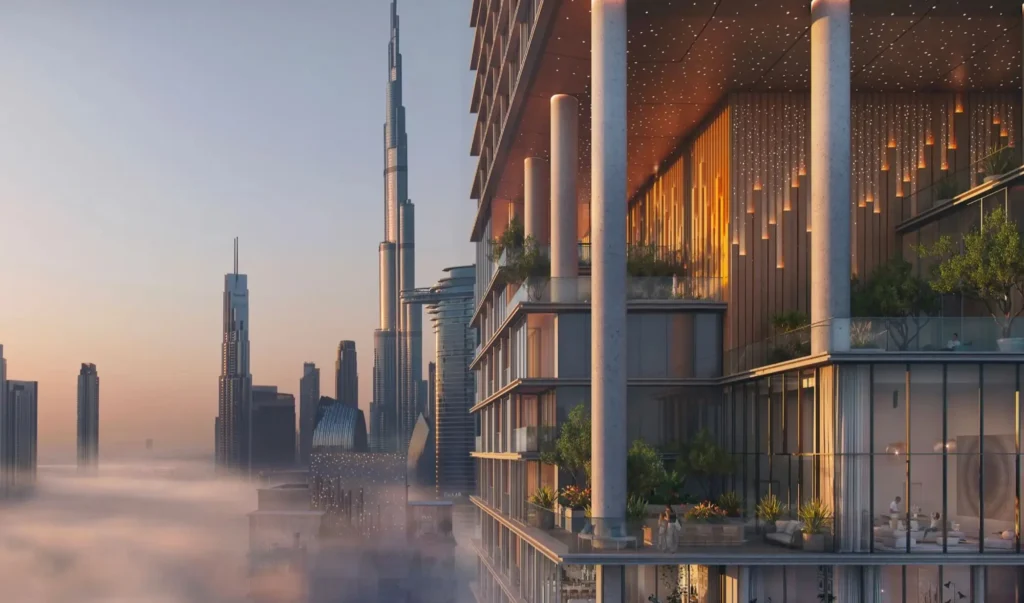
The Dubai property market has entered a new era — one driven not just by high-net-worth investors or foreign corporations, but by a generation of ambitious millennials. This tech-savvy, experience-driven, and financially aware generation is redefining what property ownership means in one of the world’s most dynamic real estate landscapes.
Millennials in Dubai, typically those born between 1981 and 1996, are approaching property investment differently from their parents. Instead of focusing solely on long-term ownership or prestige, they are drawn to lifestyle-based investments — homes that balance comfort, convenience, and community.
Their priorities reflect a shift toward experiential living: access to coworking spaces, sustainable amenities, smart technology, and locations that connect them to work, leisure, and networking opportunities.
Dubai’s appeal to millennials is undeniable. With no income tax, world-class infrastructure, a growing digital economy, and an international lifestyle, it offers both personal and professional opportunities. For many young professionals, owning a property here is more than an investment — it’s a lifestyle upgrade and a financial milestone.
Several factors have accelerated millennial interest in Dubai real estate:
Historically, millennials were known as the “renter generation.” However, in Dubai, this is rapidly changing. Rising rental prices and favorable financing options have prompted a growing number of young professionals to invest in their own properties.
Instead of seeing property as a distant goal, millennials now consider it a strategic financial asset. They are also more pragmatic in their choices — preferring smaller, affordable units in well-connected areas rather than large villas in distant neighborhoods.
Popular property types among millennials include:

Dubai’s urban landscape is filled with neighborhoods that cater to millennial sensibilities — combining accessibility, social vibrancy, and affordability. Some of the top areas attracting this generation include:
Each of these areas offers something unique — from smart home integrations to pet-friendly communities — aligning perfectly with millennial priorities.
Millennials are digital natives, and technology plays a huge role in their buying decisions. Dubai developers have recognized this and are integrating smart home technology into new projects.
Voice-controlled lighting, energy-efficient systems, and app-based security monitoring are now common features. These not only enhance convenience but also reflect millennials’ values around sustainability and tech integration.
Moreover, virtual property tours and AI-driven real estate platforms have made property exploration easier than ever. Buyers can now research, compare, and even finalize purchases from anywhere in the world — a major advantage for Dubai’s global millennial investor base.
For many millennials, owning a property is not just about comfort but also about responsibility. Environmental awareness has influenced their choices significantly. They prefer properties with green certifications, efficient energy use, and sustainable materials.
Developers in Dubai are responding with eco-friendly initiatives — solar panels, recycling systems, and energy-saving designs. Communities like Dubai Sustainable City have become model examples of how green living can merge seamlessly with luxury and convenience.
This alignment of sustainability with lifestyle appeal makes such properties particularly attractive to younger buyers who want their investments to reflect their values.
Millennials are reshaping how space is used. Co-living developments have surged in popularity, offering a balance between affordability and community.
In these setups, residents enjoy private rooms but share common amenities like gyms, kitchens, and coworking areas. This concept not only reduces costs but also promotes networking — something highly valued among young professionals and entrepreneurs.
Dubai’s real estate landscape has responded with purpose-built co-living projects, appealing to those who prioritize flexibility and social interaction over long-term ownership.
With Dubai’s booming tourism sector, short-term rentals have become a lucrative option for millennial investors. Platforms like Airbnb and local vacation rental agencies allow them to monetize their properties efficiently.
Many young buyers prefer serviced apartments or holiday homes that can serve dual purposes — a personal residence and an income-generating asset. This trend aligns perfectly with the millennial desire for flexibility and multiple revenue streams.
Government regulations have also evolved to support this segment, offering clear licensing processes and promoting responsible hosting practices.

Unlike previous generations, millennials are more financially educated and cautious. They research market trends, track ROI potential, and use real estate analytics before making decisions.
They are not afraid to start small — a studio apartment today can lead to a portfolio tomorrow. Millennials view property investment as a journey, not a one-time milestone.
Financial institutions in Dubai have noticed this shift and introduced tailored mortgage products for first-time buyers, such as lower down payments and flexible repayment terms. These innovations have made real estate ownership more accessible than ever.
Social media has become a significant factor in shaping millennial investment behavior. Influencers, real estate vloggers, and digital marketing campaigns have made property discussions more transparent and relatable.
Instagram reels showcasing Dubai apartments, YouTube walkthroughs, and virtual reality property tours all feed into the decision-making process. Millennials rely heavily on peer recommendations, online reviews, and visual content before contacting agents.
This digital-first approach has pushed developers and brokers to improve their online presence and offer immersive digital experiences.
Despite their enthusiasm, millennials face a few hurdles in property ownership. High down payments, fluctuating interest rates, and limited awareness of legal procedures can make the journey overwhelming.
However, the Dubai Land Department and leading developers are actively working to simplify the process through transparent regulations, digital transactions, and buyer education programs.
Additionally, as the city expands, more mid-market properties are being developed — giving younger investors greater access to premium lifestyle options within budget-friendly ranges.
The millennial influence on Dubai’s real estate market is just beginning. As this generation matures, their preferences will shape how the city develops its communities, technology, and infrastructure.
Expect to see more:
With global talent continuously relocating to Dubai, the city is likely to remain a top destination for millennial investors seeking both stability and lifestyle excellence.
The Dubai property market for millennials is not just a passing trend — it’s a transformation in how people live, invest, and connect with their surroundings.
Millennials are bringing new energy to the market with their demand for technology, flexibility, and sustainability. They are not just buying homes; they are shaping communities and driving innovation in urban living.
As Dubai continues its journey toward becoming one of the world’s most futuristic cities, millennials will remain at the heart of its real estate evolution — transforming dreams into addresses and investments into lifestyles.
Do Follow Estate Magazine on Instagram
